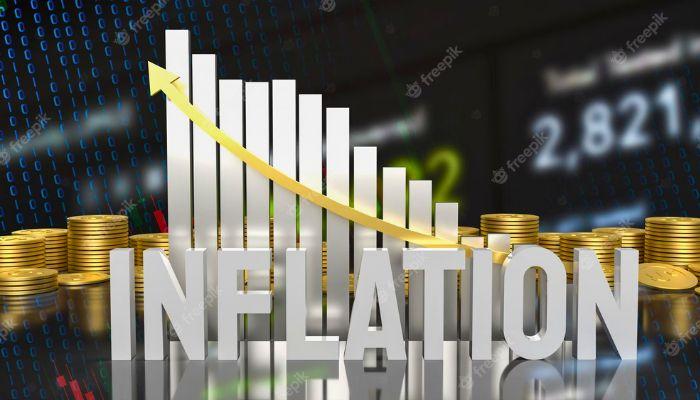Nigeria must attract at least $50 billion in foreign direct investment (FDI) to reduce inflation to five percent by 2025, according to Ayo Teriba, CEO of Economic Associates. Speaking on Arise TV, the renowned economist emphasized that expanding the country’s net reserves and attracting capital inflows are essential to achieving macroeconomic stability.
Teriba’s comments come as President Bola Tinubu targets lowering inflation to 15 percent next year, a goal many analysts have called unrealistic amid rising food and fuel prices. Inflation surged to a 28-year high of 34.6 percent in November, putting pressure on the economy.
“With sufficient capital inflows and stronger foreign reserves, the exchange rate will stabilize, and inflation can drop to single digits,” Teriba stated. Citing Argentina as an example, he said inflationary pressures can be reversed if bold investment reforms are implemented.
Teriba called for immediate reforms to attract substantial FDI, which he argued could transform Nigeria’s struggling economy. While FDI inflows rose by 248 percent in Q3 2024 to $103.82 million, this remains insufficient to drive the growth needed for an economic turnaround.

“If the president can complement tax and finance reforms with an investment act to attract $50 billion in FDI within the next year, inflation will drop, and exchange rates will stabilize,” Teriba said.
However, Nigeria’s FDI has been on a decline, falling to a record low of $29.8 million in Q2 2024, down from $119 million in Q1. Teriba noted that existing policies, especially those focused on debt servicing, undermine the country’s ability to achieve economic stability.
Teriba criticized Nigeria’s heavy reliance on debt to fund fiscal deficits, describing it as unsustainable. He argued for equity-based financing as a more efficient alternative to borrowing at high interest rates, which he attributed to Nigeria’s poor credit rating.
“The interest rates Nigeria faces are among the highest globally. Borrowing under such conditions is inefficient and counterproductive,” he said. “We should prioritize equity over debt to create a sustainable economic structure.”
The economist also highlighted the inefficiency of Nigeria’s debt instruments, noting that comparable economies borrow at significantly lower rates by issuing higher-grade bonds.
Teriba urged the federal government to adopt a robust investment strategy that includes structural reforms and incentives to attract foreign capital. He warned that without such measures, inflationary pressures will persist, jeopardizing economic stability.
“If we remain on this trajectory of high-interest borrowing, we risk missing the opportunity to stabilize our economy,” he warned. “Bold reforms and significant FDI inflows can usher in an era of growth and stability for Nigeria.”
As Nigeria faces mounting economic challenges, Teriba’s recommendations highlight the critical need for decisive action to restore confidence and lay the groundwork for sustainable development.



